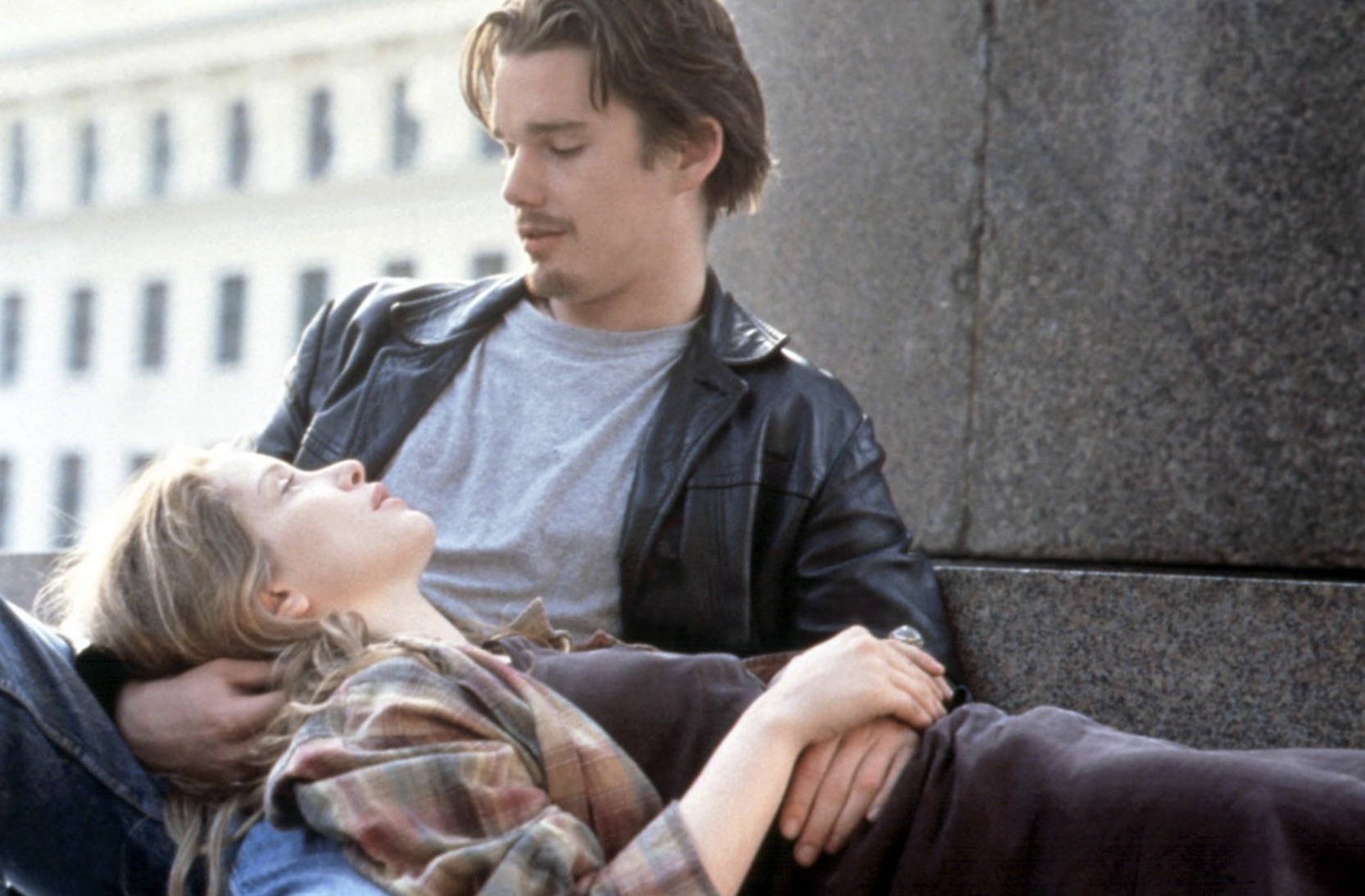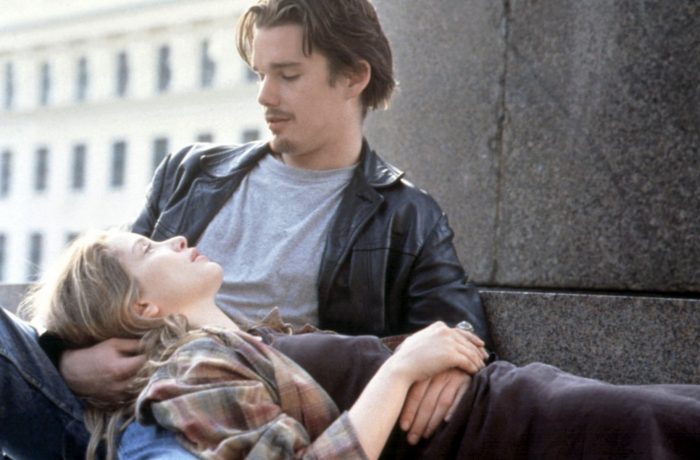
“Happiness is only real when shared.” ~ Christopher McCandless
Thank goodness the question “How heartbroken are you?” is not as common as “How are you?”
I couldn’t possibly delineate how many heartbreaks I have gone through or the damage that has occurred within me. Trust me, I know this emotional hassle, and I also know how challenging it is to see a peek of light coming through the tunnel of so-called romantic relationships.
But, just like I know the fall so well, I’ve also become an expert in the rising. Somehow, I’ve always mustered up the courage to transform separations and breakups into breakthroughs.
I know we tend to shut out love after we’ve been hurt because, yes, we want to protect ourselves from another heartache—it’s quite normal.
Human beings have powerful survival instincts. We activate our innate survival mechanism, not only to what threatens our physical existence, but also to what puts our emotional well-being at stake. After being hurt, we might build an armor as a response to future emotional circumstances that have the potential to hurt us again. This anti-love armor that we build is pretty much like a stun gun or a pepper spray that we carry for self-protection.
Nonetheless, when we do this, are we really stopping others from fooling us or are we the ones fooling ourselves?
It’s the latter.
We can never truly avoid the risk that comes with love. By all means, there’s a risk. But, tell me, what doesn’t involve risk in life? Absolutely nothing at all. Every day as we leave our house, we take the risk of not going back to it alive.
Emotional damage is similar to a wound on our skin: when left uncovered it heals faster. That said, when we close ourselves off after being hurt, we decrease our chances to heal faster and to grow. Heartbreaks are growth opportunities that come to us on a silver platter but, most of the time, we reject them and angrily flip the silver platter.
Here’s the thing. Closing off after a hurt is natural. It might take us months—even years—to be vulnerable again. However, at some point, closing off no longer is a natural state that we authentically feel. There comes a time when we feel we want to open up, but we resist it. This is when the armor that we have built transforms into a mental fear and becomes our own worst enemy.
And then we oscillate between letting ourselves feel the love and distancing ourselves through retreating into our own cocoon.
I hate to break this to you—but we can’t escape love.
No matter how many shields we may put against our hearts, they will still beat for other people without our own consent. And even if we were to retreat to the woods away from everyone and everything we know, we will oftentimes feel the need to have a human connection because the truth is—we are wired for it. Therefore, if we can’t run away from love, the only solution is to learn how to do it.
If you’re not sure where to start, start from the heartbreak. How do you perceive the hurt that you’ve gone through? Are you blaming others for your inability to love? Are you still projecting the past hurt into your present experiences? Are you adopting a pessimistic view on love and relationships?
It goes unsaid, life is a set of pleasant and unpleasant experiences. We can’t have one without the other. That said, avoiding a heartbreak is as silly as trying to avoid a rainy weather. You don’t stand out there and scream, “Don’t rain!” You wear a waterproof jacket or hold an umbrella and go out there. So instead of avoiding the heartbreak altogether—which is impossible—try to learn from it.
The possibilities, lessons, and answers are endless. A relationship with an emotionally unavailable person could highlight our own childhood issues that we still carry as adults. A relationship with a cheater could teach us the importance of trust, communication, and honesty. To fall in love with a narcissist stresses the importance of caring, sharing, and valuing others. To be with a partner who takes us for granted could shed the light on our own lack of self-love.
What I’m trying to say is, start from the hurt and look at the lesson lurking beneath it. The hurts that we experience in the past shouldn’t be the walls that stop us from a potentially happy love. In fact, they’re the bridges that lead us to them.
Add to that, we don’t need an entire armor—we can love again through wearing a light bulletproof vest. In fact, we should never go into the battlefield of love unarmed. Only do we know this when we’ve been deeply hurt. In this regard, to be hurt teaches us that it’s not that we shouldn’t love again, but that we should love with caution and awareness.
Even once you have opened up again, know that the chances of failure are as high as the chances of success. Partners can promise each other to make it work no matter what happens, but they can’t promise each other to defy life’s inescapable causes and conditions. As the renowned Buddhist Rinpoche Dzongsar Jamyang Khyentse says, “Every relationship must end eventually, even if it’s because of death.” And I think this is beautiful and exciting.
This awareness of impermanence prevents us from taking our partner for granted and helps us give and love from the crux of our souls in the present moment. Instead of stepping into a relationship shielded with armors and drowned with fear, let’s step into them with the willingness to learn new lessons and more things about ourselves. See it as an adventure rather than a lost battle. This is our chance to put into practice what we have learned from the past and see how far we have gone.
Relationships’ purpose isn’t to make us happy or feel fulfilled (they’re only an additional joy to our lives), but rather to show us the hidden parts of ourselves and to help us grow.
When we look at heartbreaks and relationships through the lens of growth, our relationships will change for the better. And, beautifully enough, instead of calling it “emotional damage,” we’d then call it “emotional growth.”
~
Bonus: The one Buddhist Red Flag to Watch Out For.
~
Author: Elyane Youssef
Image: Before Sunrise/YouTube
Editor: Lieselle Davidson Copy Editor: Catherine Monkman


 Share on bsky
Share on bsky





Read 13 comments and reply